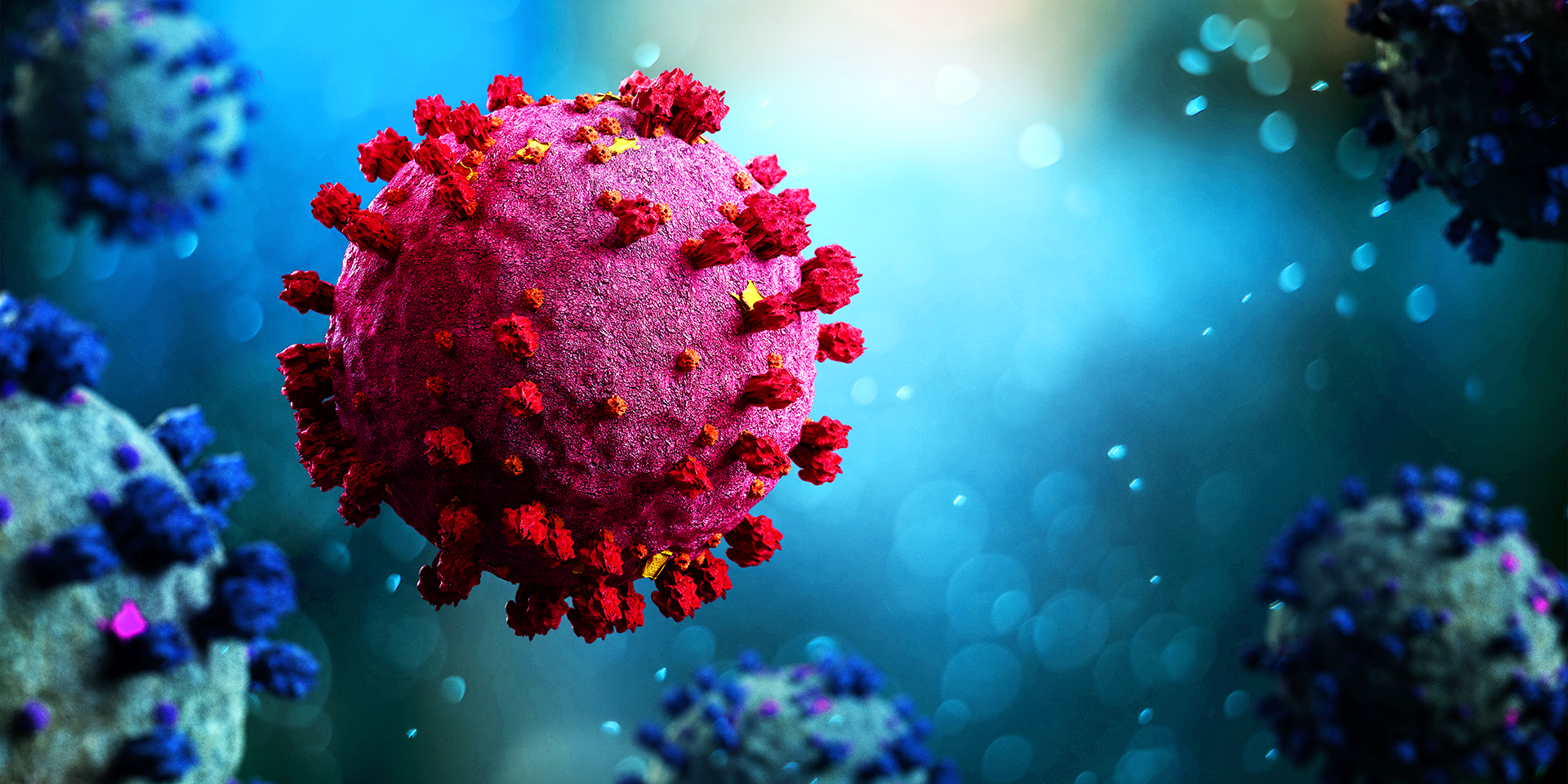In today's fast-paced world, stress seems to be a constant companion. We're all juggling multiple roles and responsibilities, often feeling like there's just not enough time in the day. But here's the thing: stress isn't just a minor inconvenience. It can seriously impact your health and well-being. That's why finding effective stress reduction techniques is …
In today’s fast-paced world, stress seems to be a constant companion. We’re all juggling multiple roles and responsibilities, often feeling like there’s just not enough time in the day. But here’s the thing: stress isn’t just a minor inconvenience. It can seriously impact your health and well-being. That’s why finding effective stress reduction techniques is crucial. Let’s dive into some practical strategies to help you manage stress and improve your overall quality of life.
Understanding Stress
First off, what exactly is stress? Stress is your body’s reaction to any demand or challenge. It can be triggered by both positive events (like a job promotion) and negative ones (like financial troubles). There are two main types: acute stress, which is short-term and often resolved quickly, and chronic stress, which lingers and can cause serious health problems. Chronic stress, in particular, can wreak havoc on your mental and physical health, leading to issues like anxiety, depression, and even heart disease.
Common Sources of Stress
Let’s be real, life is full of stressors. Here are some common ones we all face:
- Work-related stress: Deadlines, high expectations, and job insecurity can make work a major source of stress.
- Financial pressures: Worrying about bills, debt, and financial stability can keep you up at night.
- Relationship challenges: Conflicts with family, friends, or partners can take a toll on your emotional well-being.
- Health concerns: Dealing with illness or worrying about health can be incredibly stressful.
- Environmental factors: Noise, pollution, and overcrowded living conditions can add to your stress levels.
Effects of Chronic Stress
Chronic stress isn’t just unpleasant—it can be downright dangerous. Mentally, it can lead to conditions like anxiety and depression. Physically, it can cause a host of problems, from high blood pressure and heart disease to a weakened immune system. The longer you let stress go unchecked, the more it can harm your body and mind.
Proven Stress Reduction Techniques
So, how do you tackle stress? Here are some proven techniques:
Mindfulness and Meditation
Mindfulness is all about staying present in the moment, which can help you manage stress. Simple meditation techniques, like focusing on your breath or repeating a calming mantra, can make a big difference. Start with just a few minutes a day and gradually increase the time.
Relaxation Techniques
Breathing exercises, like diaphragmatic breathing and box breathing, can quickly calm your mind and body. Progressive muscle relaxation, where you tense and then slowly release each muscle group, can also be incredibly soothing.
Physical Activity
Exercise is a fantastic stress-buster. It releases endorphins, which improve your mood and act as natural painkillers. Even a short walk or a quick workout can make a big difference in how you feel.
Cognitive-Behavioral Techniques
Cognitive restructuring involves identifying and challenging negative thought patterns. Instead of thinking, “I’ll never get this done,” try, “I’ll do my best and that’s enough.” Problem-solving skills can help you tackle stressors head-on, breaking them down into manageable steps.
Lifestyle Modifications
What you eat affects how you feel. A healthy diet can improve your resilience to stress. Incorporate stress-reducing foods like berries, nuts, and leafy greens into your meals. Sleep is also crucial—aim for 7-9 hours a night and maintain good sleep hygiene by keeping a regular bedtime and avoiding screens before bed.
Social Support and Relationships
Don’t underestimate the power of a good chat with a friend. Strong social connections can help you navigate stressful times. Make an effort to nurture your relationships and don’t be afraid to seek help when you need it.
Mind-Body Techniques
Practices like yoga and Tai Chi combine physical movement with mindfulness, helping to reduce stress and promote relaxation. Alternative therapies like acupuncture, massage therapy, and aromatherapy can also be effective.
Creating a Personalized Stress Management Plan
Everyone’s stressors and coping mechanisms are different, so it’s important to create a personalized plan. Identify your main sources of stress and choose the techniques that resonate most with you. Consistency is key—make stress management a regular part of your routine.
Conclusion
Managing stress isn’t a one-size-fits-all solution, but with the right techniques, you can significantly improve your well-being. Whether it’s through mindfulness, physical activity, or building strong social connections, the goal is to find what works for you and stick with it.
Start incorporating these stress reduction techniques into your daily life. It might be a small step like practicing deep breathing for a few minutes each day or taking a walk during your lunch break. Remember, managing stress is an ongoing process, but with the right tools, you can lead a healthier, happier life.








